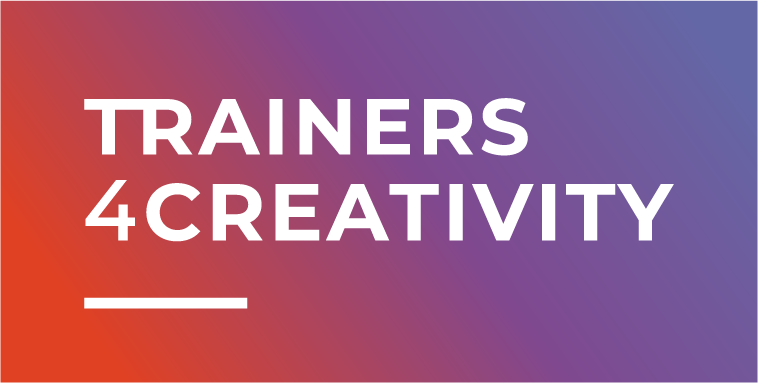Digital Learning and Its Environmental Impact
Synopsis
The leaflet “Digital Learning and its environmental impact” provides an insight on digital learning tools and its environmental impact. It was created in the framework of the Erasmus+ project “Beyond the tales“.
Organisations working within different formal and non-formal educational environments need to face the rising challenges of developing projects, and at the same time create valuable educational experiences by incorporating specific digital instruments into the whole process of learning. In this aspect, digital learning is a learning experience facilitated by using digital technology that gives learners more control over their time, place and path of learning.
The Internet and proliferation of internet access devices has given learners the possibility to learn anywhere they choose to, which means that learning is no longer restricted to a classroom. However, digital learning tools have an underestimated and at the same time significant impact on the environment mainly due to their energy consumption and “digital pollution”, which need to be taken into consideration when creating comprehensive and holistic educational experiences.
Target Audience
Youth workers and educators, in general, including the one active in the creative and cultural field.
Goals
- To increase consciousness and better reflection of youth workers and educators on digital learning and its environmental impact.
- To disseminate new digital tools with educational feautures.
Skills developed
- Better knowledge and skills on digital learning tools
- Better consciousness on environmental impact of digital learning tools
Why is it a good practice in the digital area?
“Digital Learning and its environmental impact” leaflet it is one of the first attempt to clarify and disseminate at EU level the connection between digital learning tools and related environmental impact in the optic to provide guidelines and inspirations to youth workers who want to know more about the environmental impact of the digital educational tools they use or they could use in their daily work.
Training Team
One workshop activity lead by a facilitator to present and test some of the tools proposed in the leaflet
Duration proposed
Two hours
Starting Year
2022


